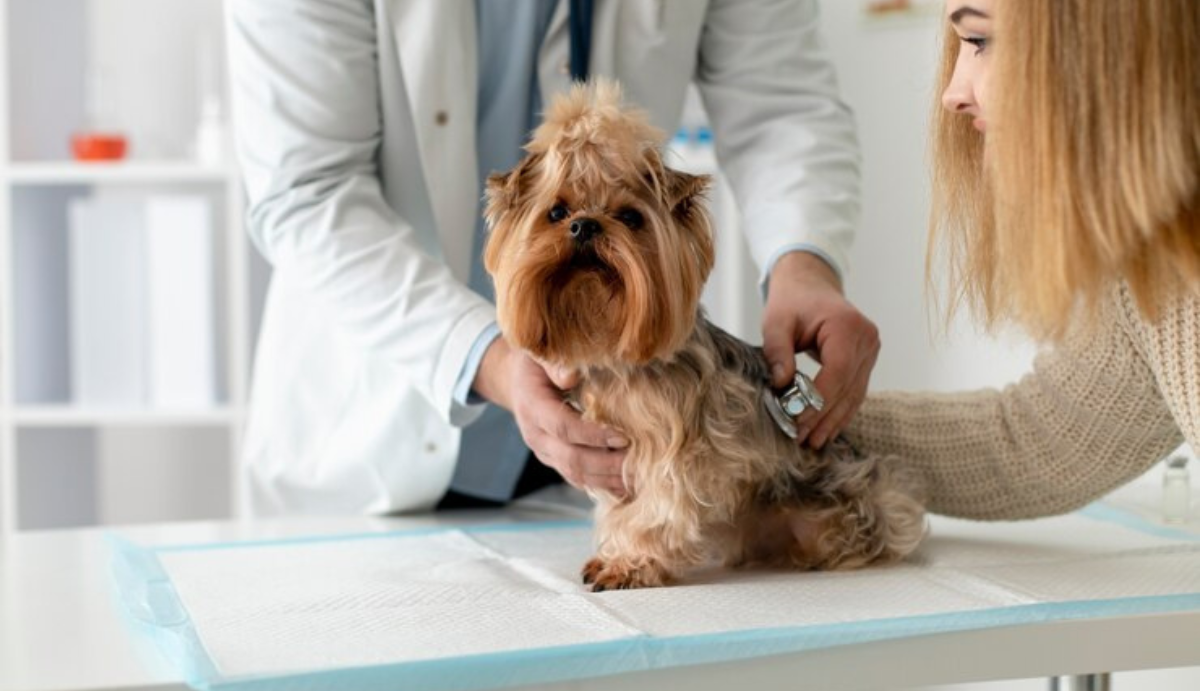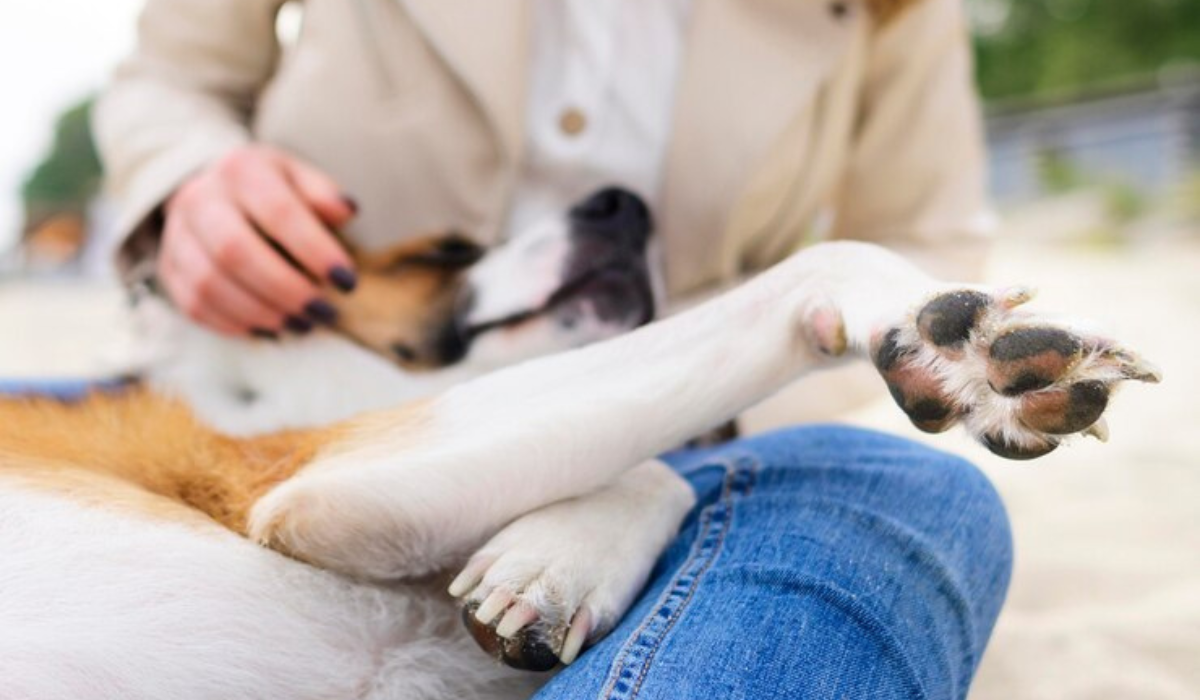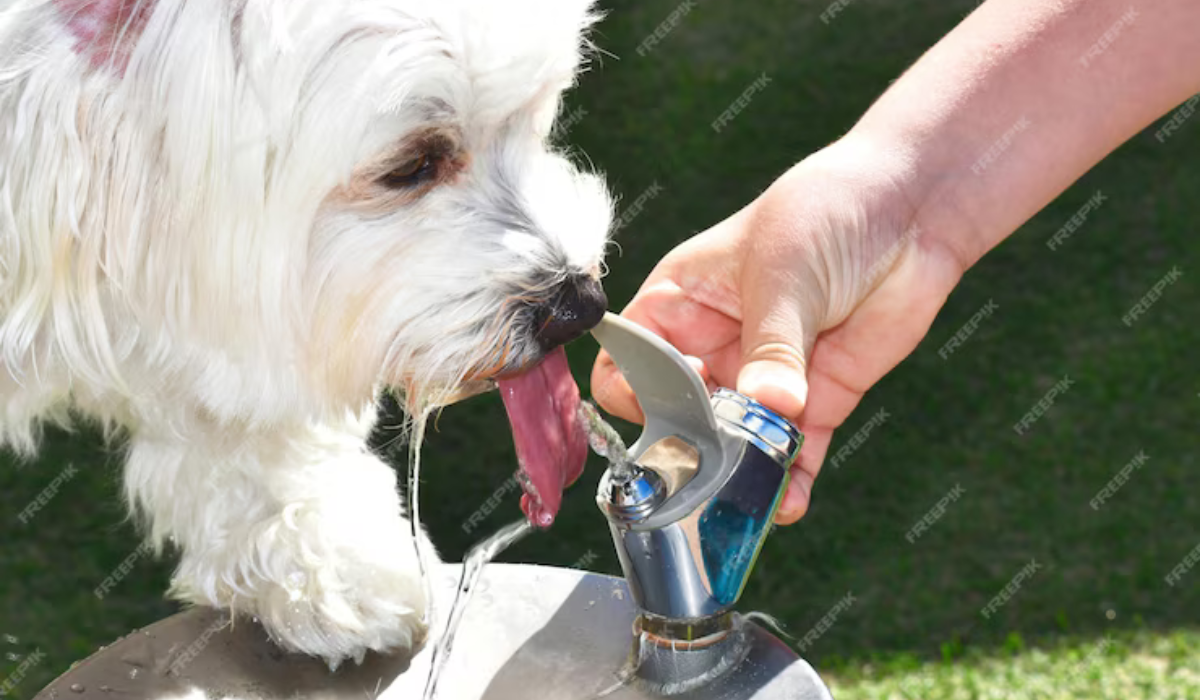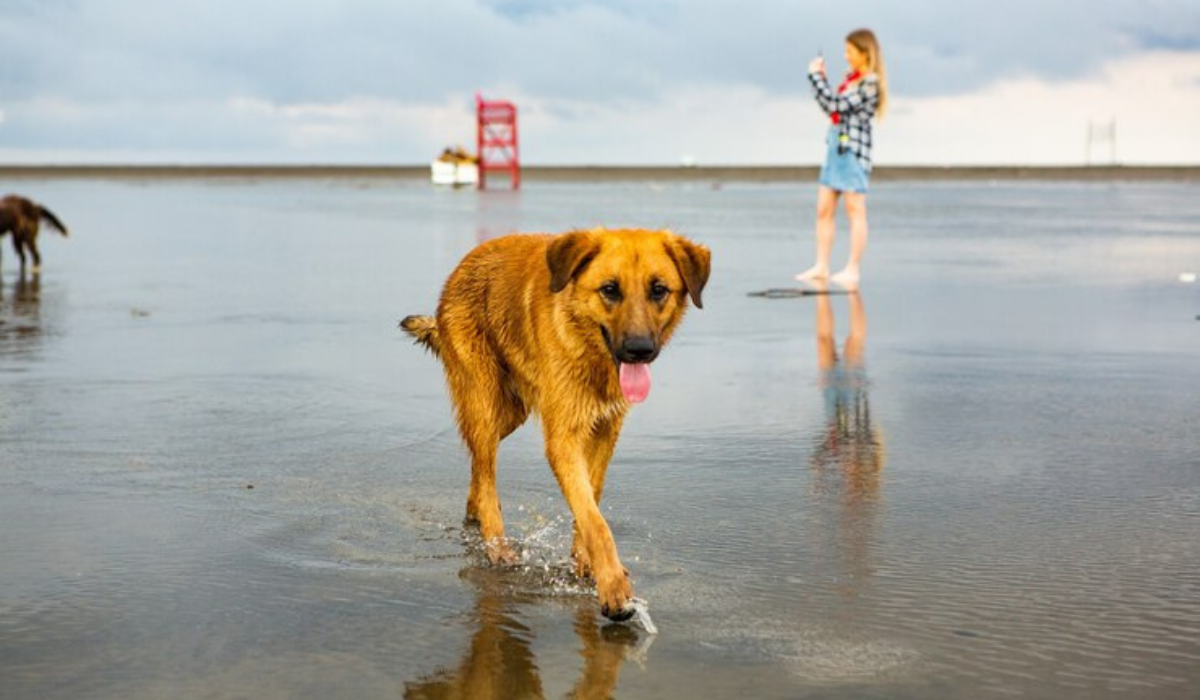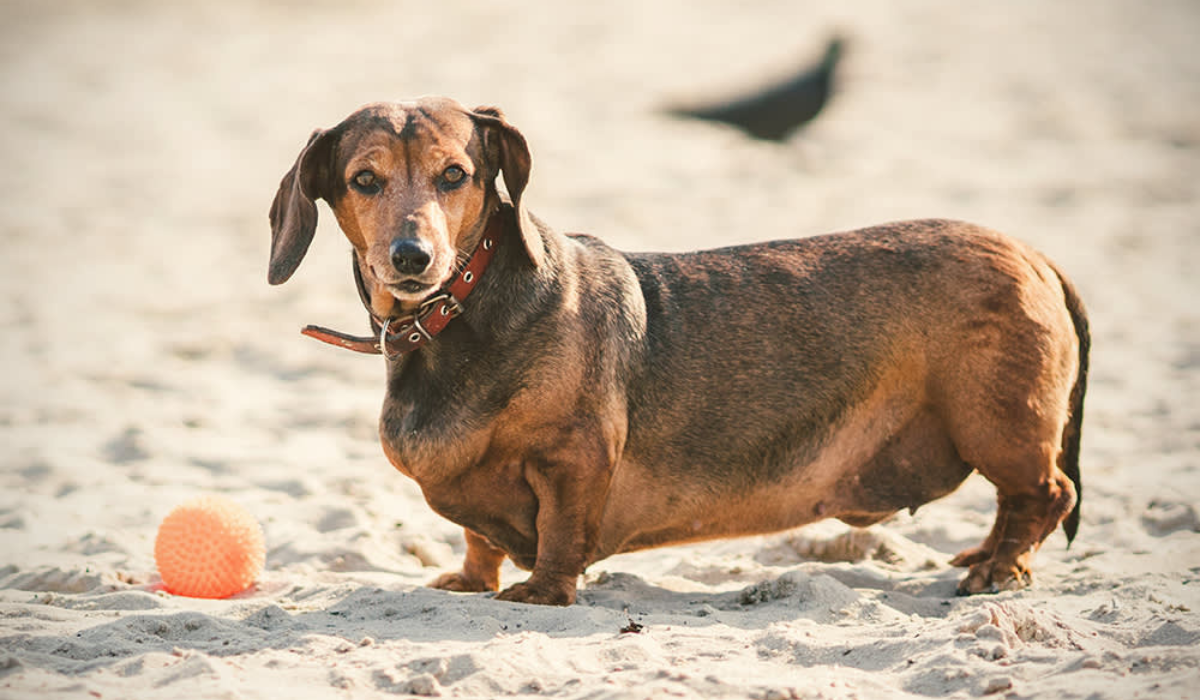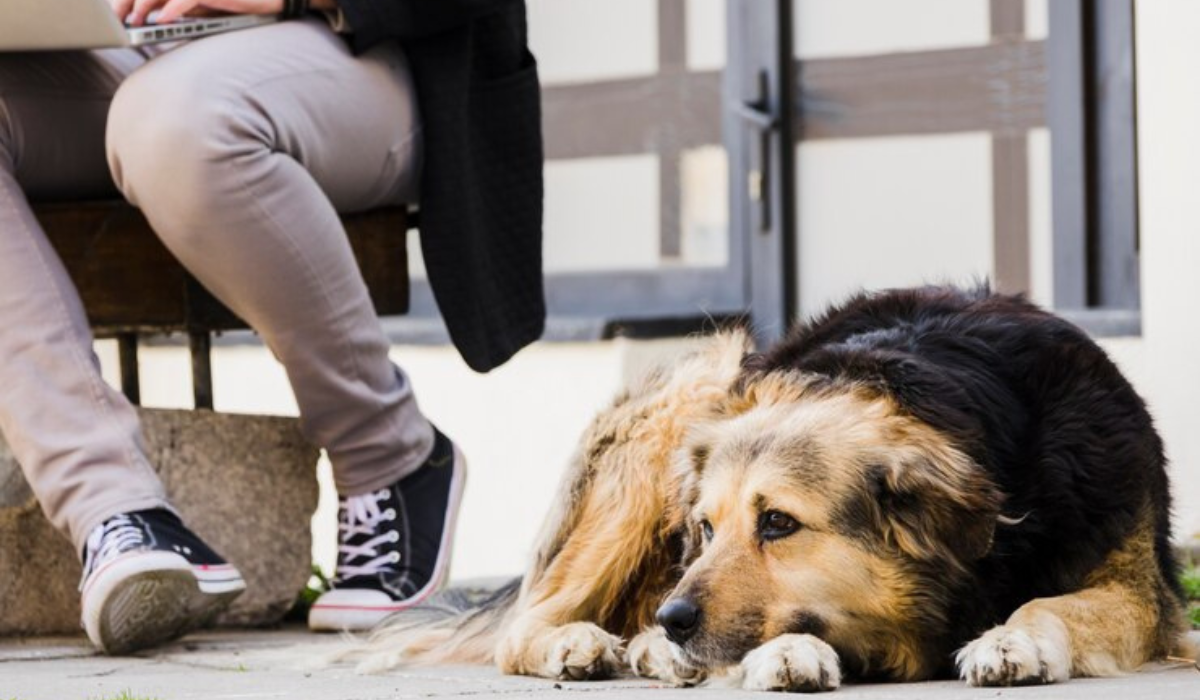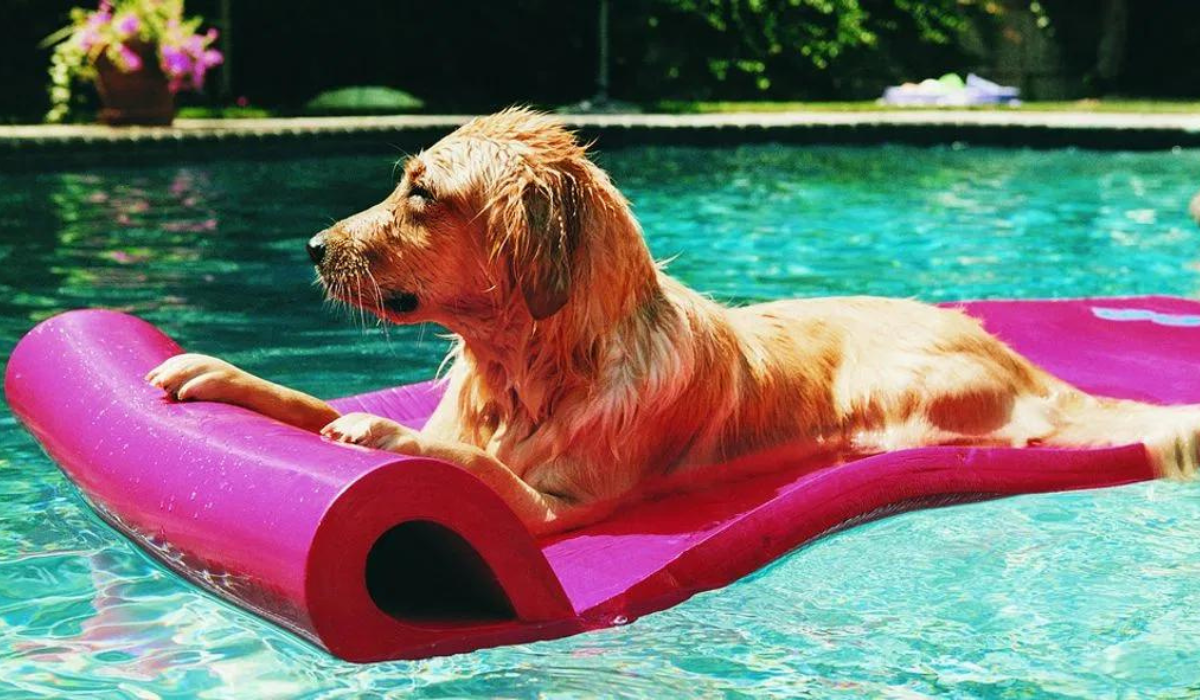The importance of water is as follows:
In a dog’s body, water is essential for cellular, organ, and tissue functions. As little as 10% body water loss can be fatal for puppies and adults alike. A puppy’s water needs are influenced by a variety of factors, and recognizing signs of dehydration is crucial for ensuring their health.
Water needs are affected by the following factors:
Puppy water consumption is influenced by several factors. Among them are:
-
Food type:
-
There is a difference in water intake between dry and canned dog food, with canned dog food containing more water.
-
-
Weighing in at:
-
The amount of water needed by dogs is proportional to their body weight, with larger dogs requiring more water.
-
-
Intake of sodium:
-
A dog’s need for water can be increased by excessive sodium intake.
-
-
Physical activity and exercise:
-
Dogs who are more active need to drink more water.
-
-
Exposure to the weather:
-
A high temperature can cause panting and increased water loss.
-
-
The use of drugs:
-
The intake of water can be affected by certain medications, such as steroids or diuretics.
-
-
The following diseases:
-
A dog’s thirst can be increased by health conditions such as kidney disease and diabetes.
-
The following are common causes of puppy dehydration:
Dehydration can be caused by a variety of factors:
-
Ingestion of indigestible items:
-
Vomiting and diarrhea may occur when puppies ingest non-digestible items.
-
-
The exercise is:
-
Body fluids can be depleted by intense physical activity.
-
-
Exposure to heat:
-
Extreme heat can cause excessive water loss.
-
-
The parasites are:
-
Diarrhea and fluid loss can be caused by intestinal parasites.
-
-
A virus is:
-
Symptoms of viral infections, such as parvovirus, include vomiting, diarrhea, and dehydration.
-
Puppy Water Needs:
A variety of factors must be considered when determining the appropriate amount of water to consume:
-
According to general guidelines, dogs should drink between 20 and 40 ml of water per pound of body weight each day.
-
Size, type of food, sodium intake, activity level, and the weather all affect the amount.
Canine Body Weight-Related Water Requirements:
Weight of the dog (lbs)
Water intake per day (ML)
Water intake per day (cups)
Between 3 and 5
Between 60 and 200
Almost a cup of 14
6:00 – 10:00
240 to 400
12 cups to a little over 12 cups
The 11th to the 20th
Between 220 and 800
A cup to a cup and a third
Measurements rounded to the nearest quarter cup.
Dehydration signs include:
Dehydration needs to be recognized and treated as soon as possible:
-
Symptoms of lethargy and depression include:
-
It is more common for puppies to sleep more and be less playful when they are dehydrated.
-
-
Gums that stick to your teeth:
-
Dehydrated dogs have dry, tacky gums; well-hydrated puppies have moist, slippery gums.
-
-
Test of the Slow Skin Tent:
-
In this test, the skin on the neck is gently pulled up; a slow return indicates dehydration.
-
-
Eyes with sunken pupils:
-
When the eyes are dehydrated severely, they appear dull and sunken.
-
Recommendations for water:
Following these recommendations will ensure proper hydration:
-
Water that is fresh and clean should be provided:
-
Water should always be available to dogs.
-
-
Water bowls should be cleaned regularly:
-
Use a dishwasher to clean water bowls twice a week.
-
-
Size of an adequate bowl:
-
Water should be stored in bowls large enough to last 36 to 48 hours.
-
-
There are multiple water bowls:
-
Provide several water bowls to your dogs if you have more than one.
-
-
Consult a veterinarian:
-
In case of concerns about a dog’s water intake, contact a veterinarian.
-
Puppy Hydration FAQs:
What can I do to get my puppy to drink more water?
-
If necessary, offer fresh water, use ice cubes, add flavored broth, or use a syringe.
What is the recommended amount of water for a 10-pound dog?
-
Water should be given to dogs every day in amounts of 20-40 ml per pound of weight.
What are the symptoms of puppy dehydration?
-
In addition to fluid replacement, veterinary attention may be required for underlying medical conditions.
How can I prevent my puppy from becoming dehydrated?
-
The prevention strategies include vaccinations, deworming, exercise management, and monitoring food intake.
Water availability and housetraining:
Water should be left out for a puppy depending on its behavior and housetraining schedule. In order to maintain good health, it is essential to have regular access to water.
Water intake by nursing dogs:
When puppies are 3 to 4 weeks old, they start drinking water and eating dog food. A puppy’s water intake should be discussed with a veterinarian if specific concerns arise.
Water is important because:
Water makes up the majority of puppies’ bodies, emphasizing the importance of proper hydration for them. Every pound of body weight should receive approximately one ounce of water per day.
Water access:
Throughout the day, puppies should have continuous access to clean, fresh water. Consider limiting water access a couple hours before bedtime while ensuring free access at all other times during potty training.
Dehydration signs include:
Dehydration symptoms, including a dry nose, panting, fatigue, and sticky gums, must be recognized. The skin tent test can be used to assess dehydration.
Treatment for dehydration:
Veterinary attention should be sought if dehydration persists. Fluids may need to be administered intravenously or subcutaneously in cases of severe dehydration.
Hydration is important:
It is possible for puppies to have different thirst levels depending on the weather and their activity level. Consider consulting a veterinarian if a puppy does not seem interested in drinking or shows other signs of distress.
Water Bowl Cleaning:
Maintain a clean water bowl for your puppy to prevent bacteria buildup and unpleasant odors. It is important to keep the puppy’s bowl clean so that the water remains appealing.
Intoxication by water:
A dog can become water intoxicated if he consumes too much water during activities such as swimming. Be on the lookout for symptoms such as bloating, vomiting, and pale gums, and seek veterinary assistance as soon as possible.
Water and food provide hydration:
For proper hydration, puppies need both food and water. There is no substitute for regular access to clean drinking water, even if dry food provides less moisture.
Consult your veterinarian for personalized advice tailored to your puppy’s specific needs and to address any concerns about their hydration. To ensure a puppy’s health and well-being, it is imperative that he or she is properly hydrated.

